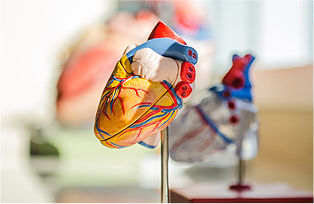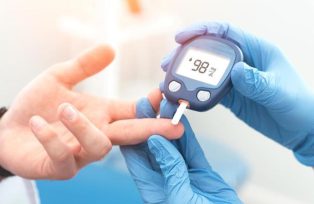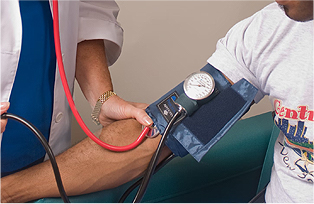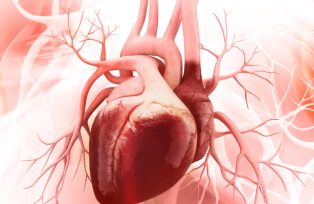DIABETES MANAGEMENT

Diabetes is an insidious disease that often causes symptoms only when we can speak of an advanced stage. In particular, it is worth paying attention to the first, initial symptoms of diabetes, who are among those at risk from this point of view. It is the most common metabolic disorder in the world, which cannot be cured according to the current state of medical science.
Doctors from Texas Health Providers selects the most suitable preparation based on the eating habits, blood sugar values and other associated diseases of the patient, which will help reduce the blood sugar level to the target values. Fortunately, our physicians and patients have many options to choose from, so that satisfactory diabetes compensation can be achieved with mutual cooperation.
DIABETES MANAGEMENT
What is diabetes?
Facts about diabetes
- Diabetes is one of the most widespread diseases
- It is the sixth leading cause of death in highly developed countries
- The risk of death in people with diabetes is twice as high as in people without diabetes
- It is mainly a result of the western lifestyle and reduced physical activity
- Diabetes can be prevented in a large part of people at risk with education about the right way of life, which implies proper nutrition and physical activity.
Symptoms of diabetes
Diabetes is a disease that affects the body’s ability to produce insulin, resulting in high blood sugar. The first symptoms can be really subtle, so most people ignore them. If left untreated, diabetes will not only reduce the quality of life, but it can also shorten it. This is precisely why it is important to detect it in time. Take a look at some of the most common early symptoms to help you do just that.
Increase thirst
Increase hunger
If your body doesn’t produce enough insulin, it can’t convert food into glucose, which cells need for energy. Due to this, your hunger does not go away even after a meal. In fact, eating it will only increase your blood sugar levels. If you’re constantly eating and the hunger won’t go away, it might be best to see your doctor from our Texas Health Providers to get the best solution.
Obesity
Blurred vision
Weight loss
Itchy skin
Slow healing
The darker skin
Treatment of diabetes
In addition to medication, diet and exercise play an equally important role. The purpose of this is to develop a normal body weight. The appropriate ratio of carbohydrates, fats and proteins in the diet also helps this.
In type-1 diabetes, treatment means replacing insulin, since the pancreas does not produce insulin in this case. Given that insulin is a protein that, if administered orally, would simply be broken down by digestion, it is therefore necessary to inject it. The administration of insulin must be coordinated with diet and physical activity.
Regarding the composition of the diet, there is no need to deviate from what we would recommend to an otherwise healthy person of similar age and weight.
The carbohydrate of the food can only be absorbed into the body if the patient administers an adequate amount of insulin, so the two must be in proportion to each other. If too much insulin is administered compared to the carbohydrates taken in, the blood sugar level will fall below the range considered appropriate, while if the carbohydrates are in excess, the blood sugar level will be too high.












